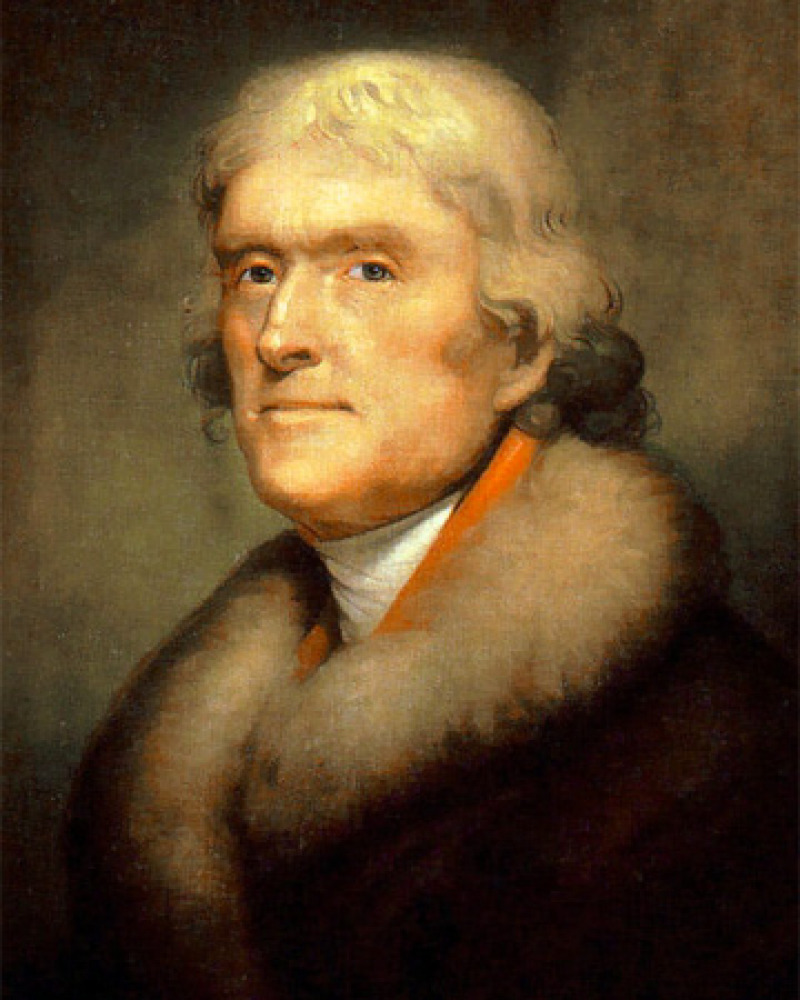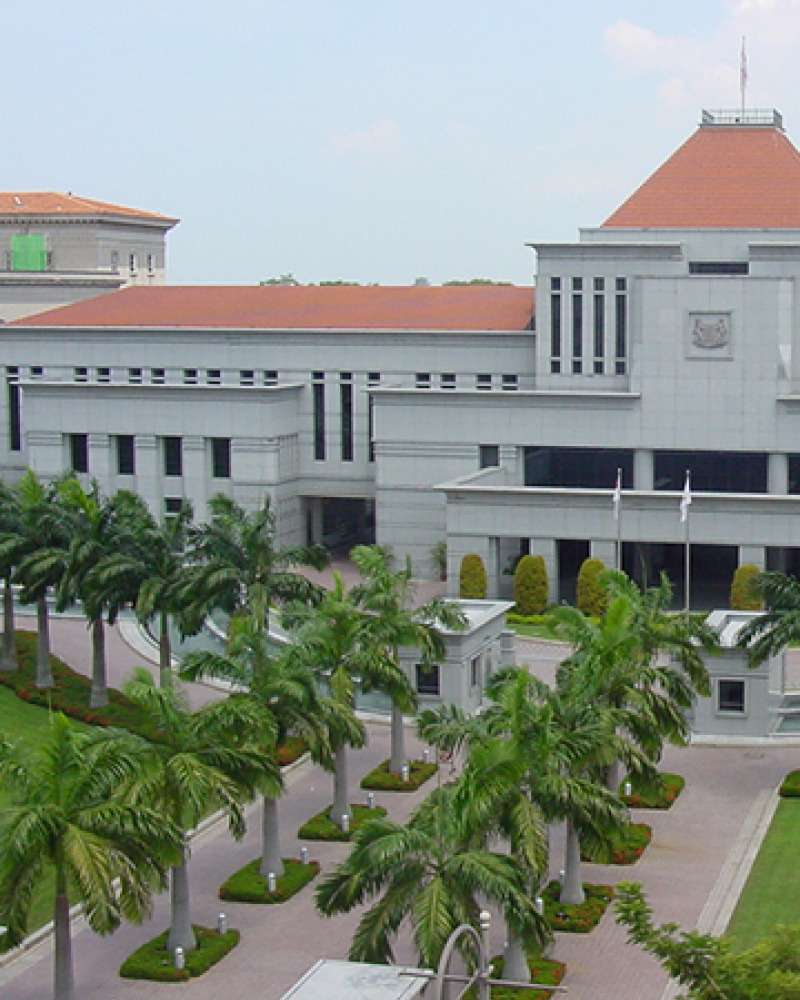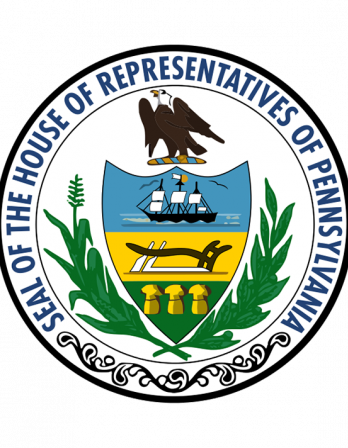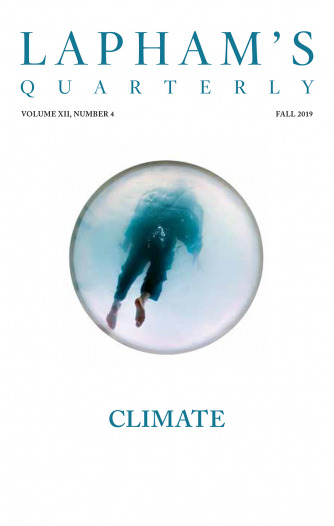
Thomas Jefferson
A letter to John Norvell,
1807
A letter to John Norvell,
Nothing can now be believed which is seen in a newspaper. Truth itself becomes suspicious by being put into that polluted vehicle. I really look with commiseration over the great body of my fellow citizens, who, reading newspapers, live and die in the belief that they have known something of what has been passing in the world in their time. Perhaps an editor might begin a reformation in some such way as this: Divide his paper into four chapters, heading the first “Truths,” second “Probabilities,” third “Possibilities,” fourth “Lies.” The first chapter would be very short, as it would contain little more than authentic papers, and information from such sources as the editor would be willing to risk his own reputation for their truth. The second would contain what, from a mature consideration of all circumstances, his judgment should conclude to be probably true. The third and fourth should be professedly for those readers who would rather have lies for their money than the blank paper they would occupy. Such an editor, too, would have to set his face against the demoralizing practice of feeding the public mind habitually on slander, and the depravity of taste which this nauseous aliment induces. Defamation is becoming a necessary of life, insomuch that a dish of tea, in the morning or evening, cannot be digested without this stimulant. Even those who do not believe these abominations still read them with complacence to their auditors and, instead of the abhorrence and indignation which should fill a virtuous mind, betray a secret pleasure in the possibility that some may believe them, though they do not themselves.




